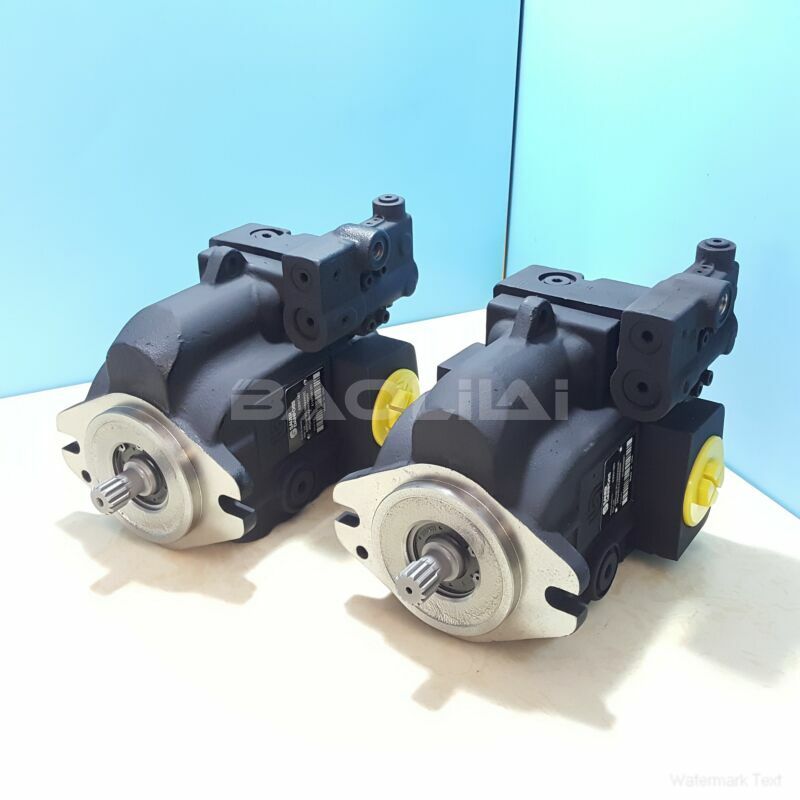LRR025CPC18NNNNN3C2RGA6NAAANNNNNN high pressure pump
LRR025CPC18NNNNN3C2RGA6NAAANNNNNN high pressure pump

- Product Details
- Applicable Scene
High-pressure pumps play a crucial role in scientific research laboratories, facilitating a wide range of experiments and applications in various fields, including chemistry, biology, and materials science. These pumps are designed to generate and maintain high pressures, allowing researchers to manipulate fluids in ways that would otherwise be impossible. This article explores the functions, applications, and significance of high-pressure pumps in scientific research.
LR-R-025C-PC-18-NN-NN-N-3-C2RG-A6N-AAA-NNN-NNN
LRR025CPC18NNNNN3C2RGA6NAAANNNNNN
One of the primary uses of high-pressure pumps in laboratories is in the field of chromatography. High-performance liquid chromatography (HPLC) is a common technique for separating and analyzing compounds in mixtures. High-pressure pumps are essential in HPLC systems as they provide the necessary pressure to push mobile phases through columns packed with stationary phases. The ability to regulate the pressure and flow rate precisely enables researchers to achieve high resolution and sensitivity in their analyses, leading to more accurate results in pharmacokinetics, environmental studies, and biochemical research.

83006764
In addition to chromatography, high-pressure pumps are widely utilized in the extraction of bioactive compounds from natural sources. For instance, supercritical fluid extraction (SFE) employs high-pressure pumps to create supercritical fluids, such as supercritical CO2, which can effectively extract compounds while maintaining the integrity of sensitive materials. This method is particularly valuable in the food and beverage industry, pharmaceuticals, and cosmetics, where the purity and quality of extracts are paramount. By using high-pressure pumps, researchers can optimize extraction efficiency and selectivity, thereby enhancing the yield of desired compounds.





